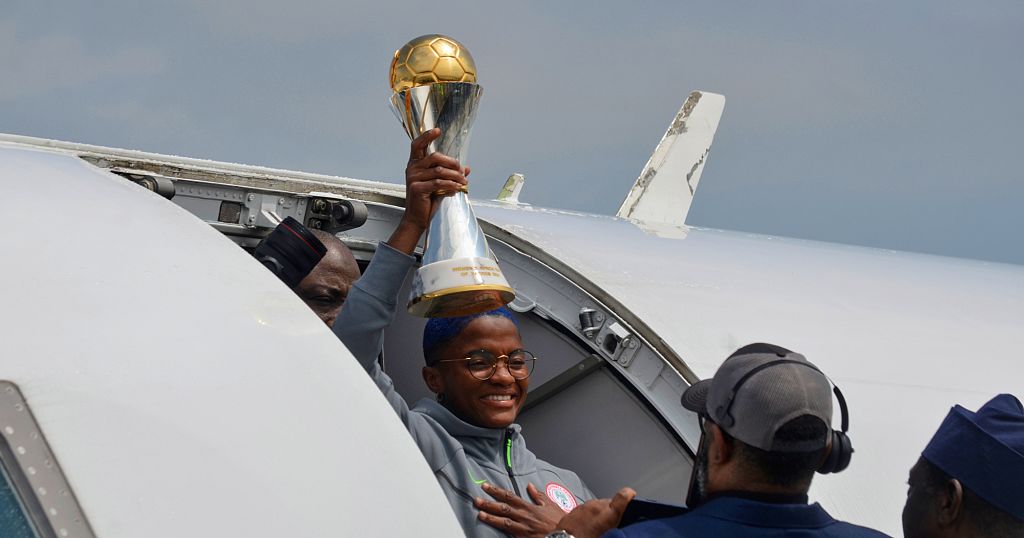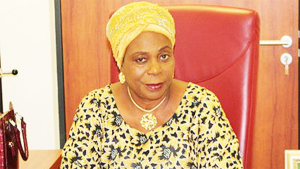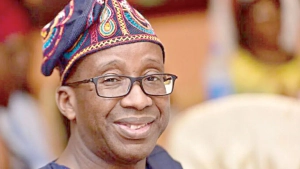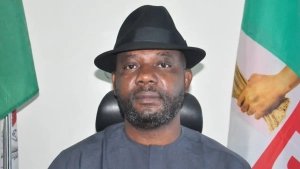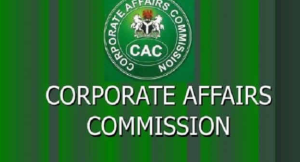Celebrations erupted in Nigeria’s capital this week as the national women’s soccer team, the Super Falcons, returned home to a rapturous reception following their historic 10th Women’s Africa Cup of Nations (WAFCON) victory. The squad’s dramatic 3-2 comeback win against host nation Morocco in Saturday’s final not only cemented their status as Africa’s most dominant women’s team but also spotlighted their resilience amid systemic challenges that have long plagued Nigerian sports.
President Bola Tinubu hosted the team at a presidential reception in Abuja on Monday, praising their “extraordinary grit and determination” in securing the continental title. Yet the celebratory mood contrasted sharply with the obstacles the players endured en route to glory. Reports reveal the team faced delayed match bonuses for years, including a 2022 incident where players staged a training boycott over unpaid wages. Though the government approved outstanding payments days before the final, players had already navigated the tournament without adequate preparation: Competitive warm-up matches were reportedly scrapped, and training kits were allegedly inaccessible at times.
Such hurdles are emblematic of broader issues in Nigerian sports, where athletes often grapple with underfunding, administrative mismanagement, and corruption. Analysts note these problems have driven some athletes to represent other nations in protest. Still, the Super Falcons’ triumph underscores their unparalleled legacy in African women’s soccer—a legacy rooted in early investment. Nigeria pioneered the continent’s first women’s league in 1978, decades before regional rivals, fueling a talent pipeline that has produced nine WAFCON titles since 1998.
Yet despite continental supremacy, global success has remained elusive. The team has never advanced beyond the quarterfinals in nine Women’s World Cup appearances, a stagnation analysts attribute to inadequate support structures. Critics argue that authorities have failed to build on the nation’s head start, with insufficient investment in youth development, coaching, and infrastructure.
The triumph in Morocco has reignited debates about Nigeria’s potential in women’s soccer. Fans and pundits alike are urging officials to address systemic gaps, noting that the Super Falcons’ perseverance—like Nigeria’s broader passion for the sport—deserves matching institutional commitment. As the team basks in its hard-won victory, the question lingers: Can Africa’s soccer powerhouse translate domestic dominance into a new era of global relevance?

